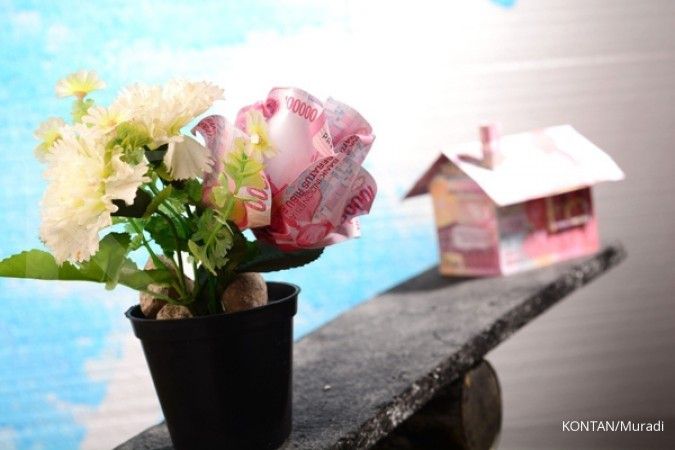JAKARTA. Bank Indonesia (BI) has ruled out the possibility of a rate cut for the remainder of the year despite a fall in the country’s inflation rate in September.
BI Governor Agus Martowardojo said in Jakarta on Friday that the situation in the global market was still too volatile to provide room for the central bank to lower its benchmark rate. “We have been posting current account deficits and budget deficits, and our economy has been financed a lot by foreign funds. So we cannot afford to take the risk [of cutting the BI rate],” he said.
Instead, Agus said that the monetary authority must be able to offer a stable financial system and create a “comfortable” situation for investors in the country. The last time BI increased its rate was on Nov. 18, 2014, when it jacked up the rate by 25 basis points (bps) to 7.75 percent to counter inflationary expectations that stemmed from a price adjustment in subsidized fuels.
However, the rate hike only stayed in place temporarily before the central bank slashed it back in February by 25 bps to 7.5 percent and it has remained at the same level since then.
Agus acknowledged that the downward trend in the inflation rate would be an important factor in the BI rate decision, but added that such a rate must be sustained for a longer period of time, perhaps well into 2016.
Year-to-date inflation reached 2.24 percent last month, following a 0.05 percent month-to-month deflation recorded in September, as revealed by the latest data from the Central Statistics Agency (BPS).
The latest inflation rate is still within the government’s inflation rate target, which is set at 4 percent for this year.
“However, another thing to watch out for before deciding the BI rate is the rupiah trend and this depends a lot on the situation overseas,” he said, referring to the planned hike of the key interest rate in the US.
Indonesia, and the rest of the world, is now watching closely for any economic developments in the US, which may lead to a rate increase by the US Federal Reserve. Portfolio investors dumped their rupiah assets last month, in anticipation of a rate hike during the Fed’s Federal Open Market Committee meeting on Sept. 17-18. As much as Rp 1.67 trillion (US$113.53 million) worth of funds left the Indonesian capital market that week in an attempt to find other safe havens. The same week also saw the rupiah depreciate 0.4 percent against the greenback.
Economists said BI’s reluctance to cut the rate was understandable. Gareth Leather, an economist at macroeconomic research company Capital Economics, said that he predicted BI would leave its rate on hold until the end of the year. “Inflation isn’t the issue, but they seemed worried about the currency. With the Fed set to hike rates sometime over the next couple of months, it would be odd if Indonesia cut rates when the Fed is hiking them,” he said in an email to The Jakarta Post.
UOB economist Ho Woei Chen said that despite lower inflation expected in the fourth quarter and sustained weakness in the economy, there was limited room for a policy divergence between Indonesia and the US, due to concerns of capital outflows and the risk of further rupiah depreciation.
“With the Fed on the verge of raising interest rates, any move by BI to cut rates would likely increase downward pressure on the rupiah. For now, we are maintaining our call for BI to hold at 7.5 percent in the fourth quarter of 2015,” she wrote in a research note.
Separately, Bank Danamon economist Dian Ayu Yustina said that BI would likely keep the BI rate unchanged up to the year’s end, given the weakness of the rupiah. (Tassia Sipahutar)
/2015/05/22/607713163.jpg)










